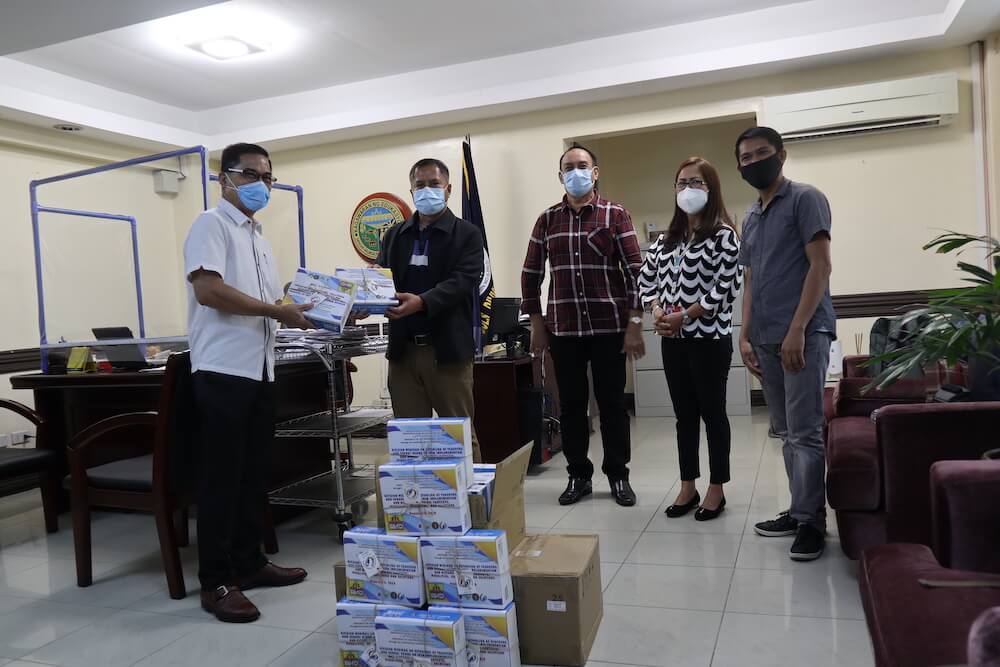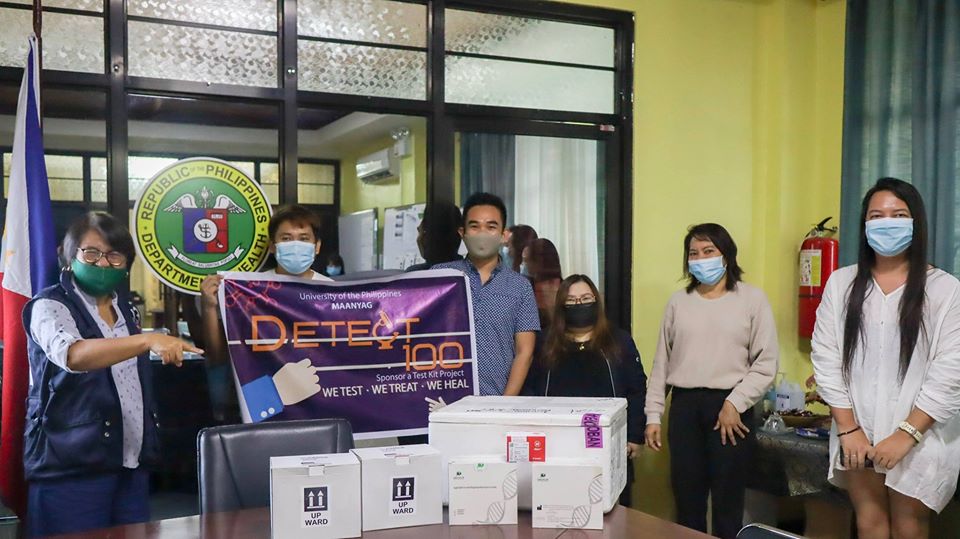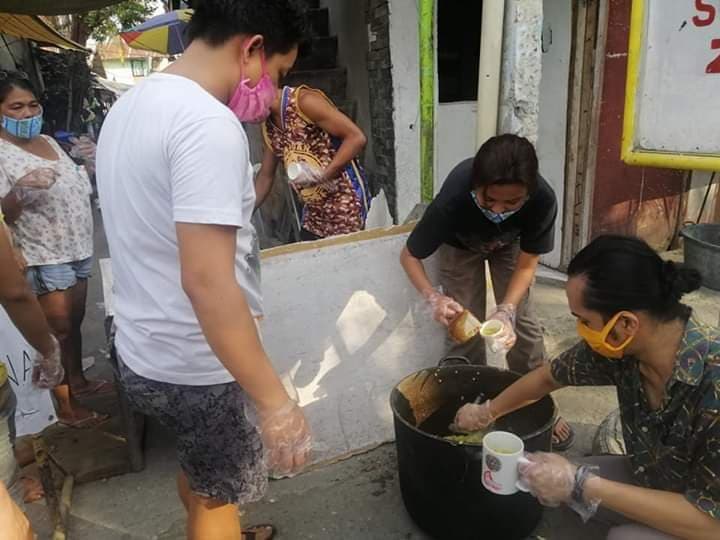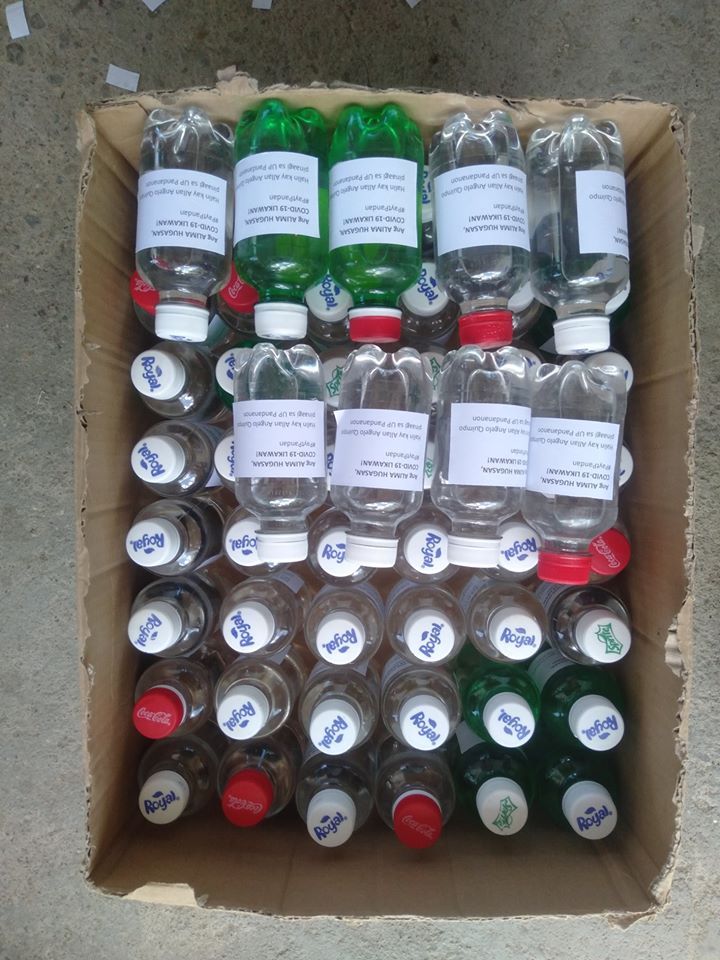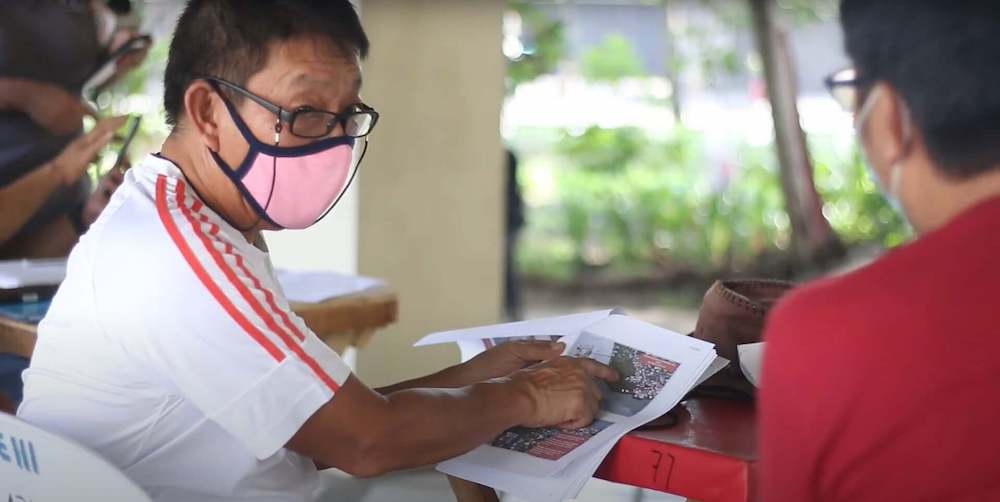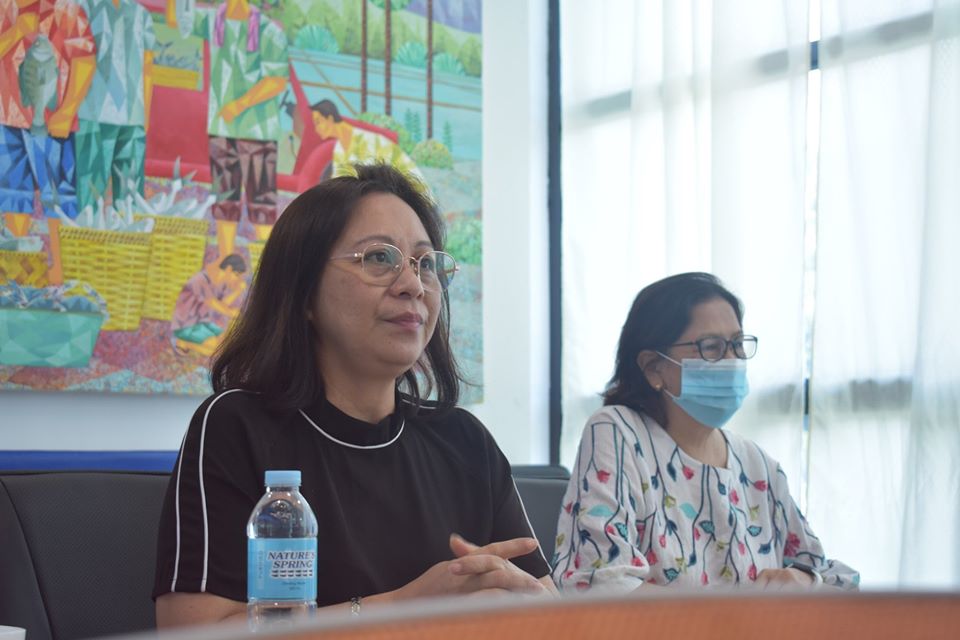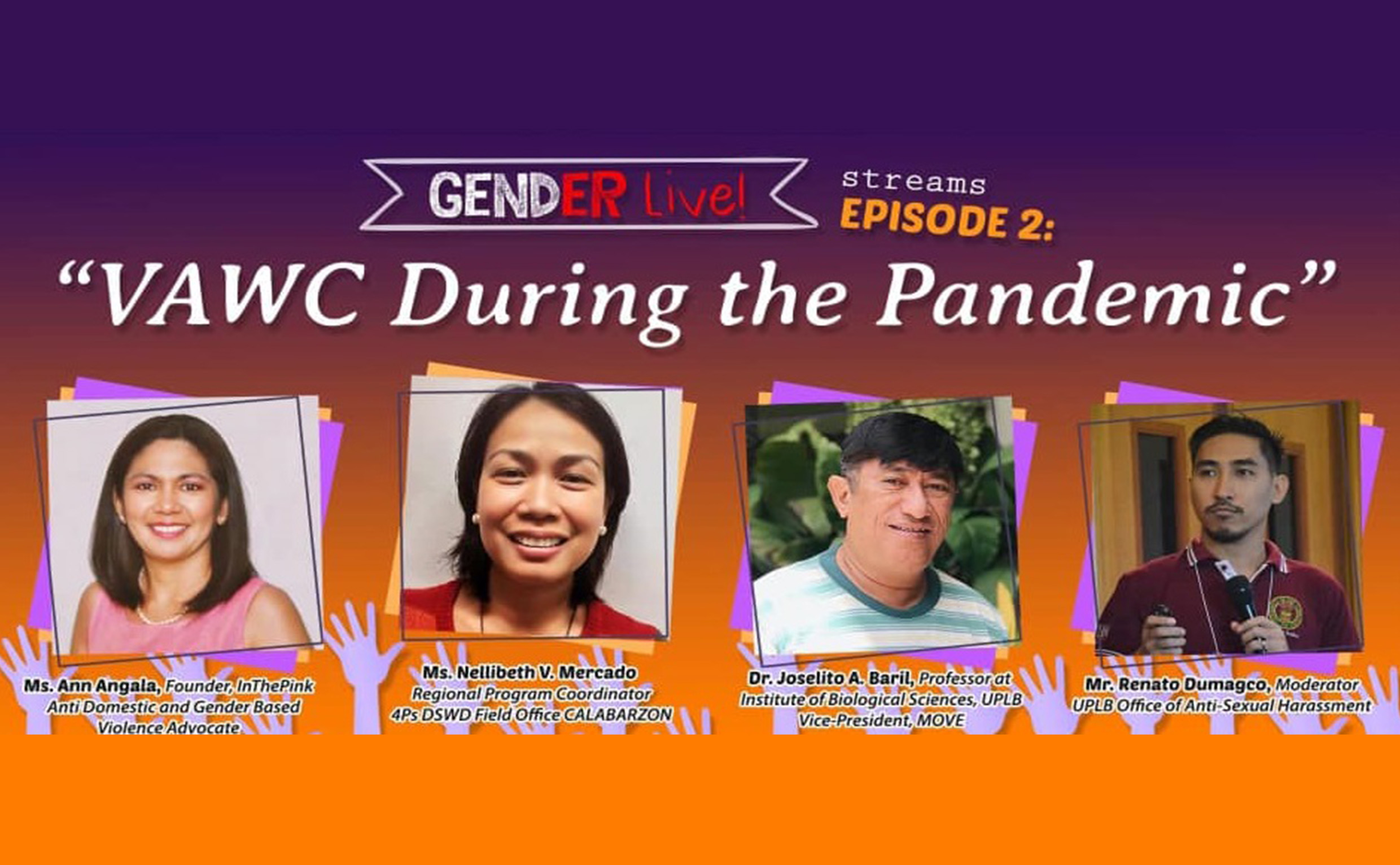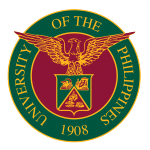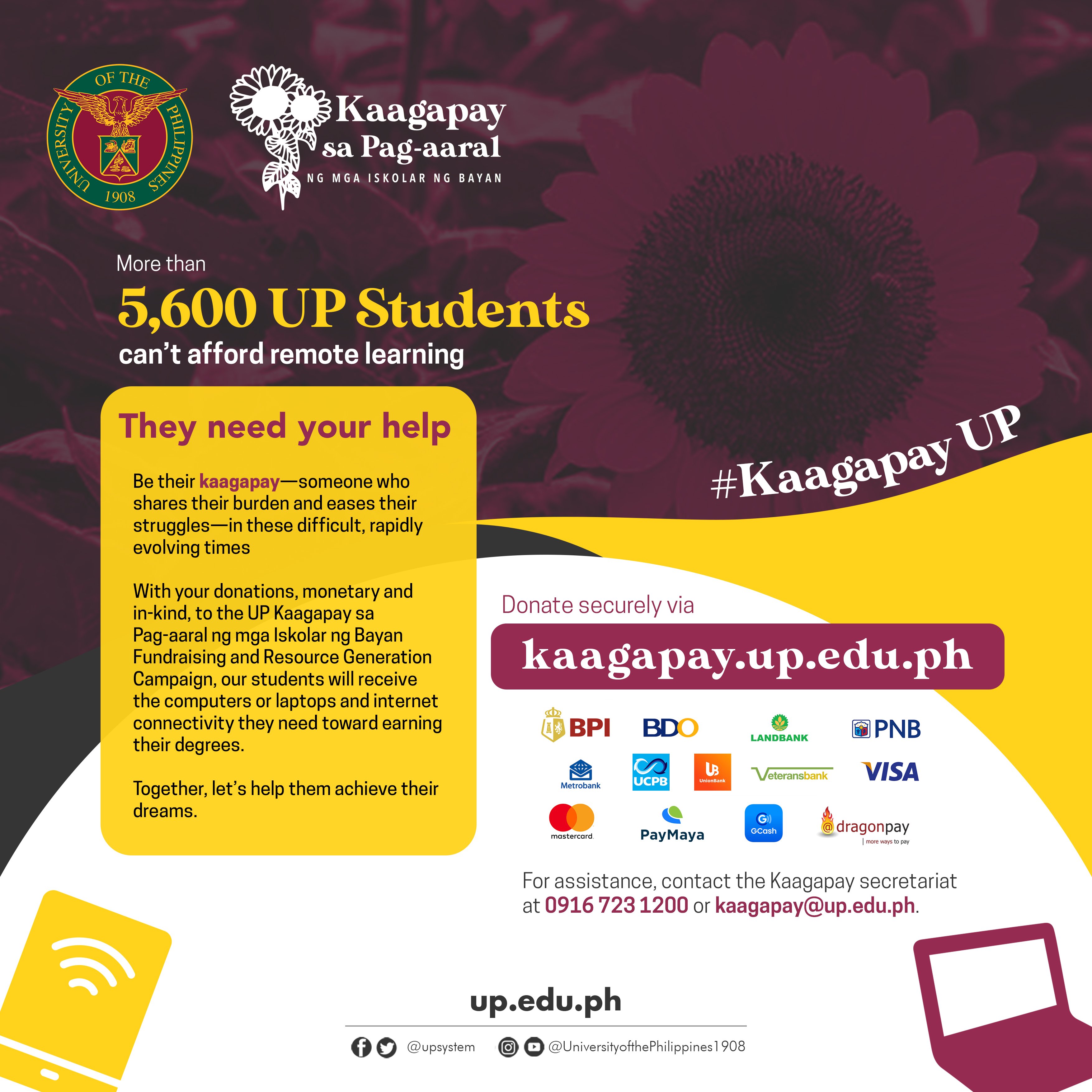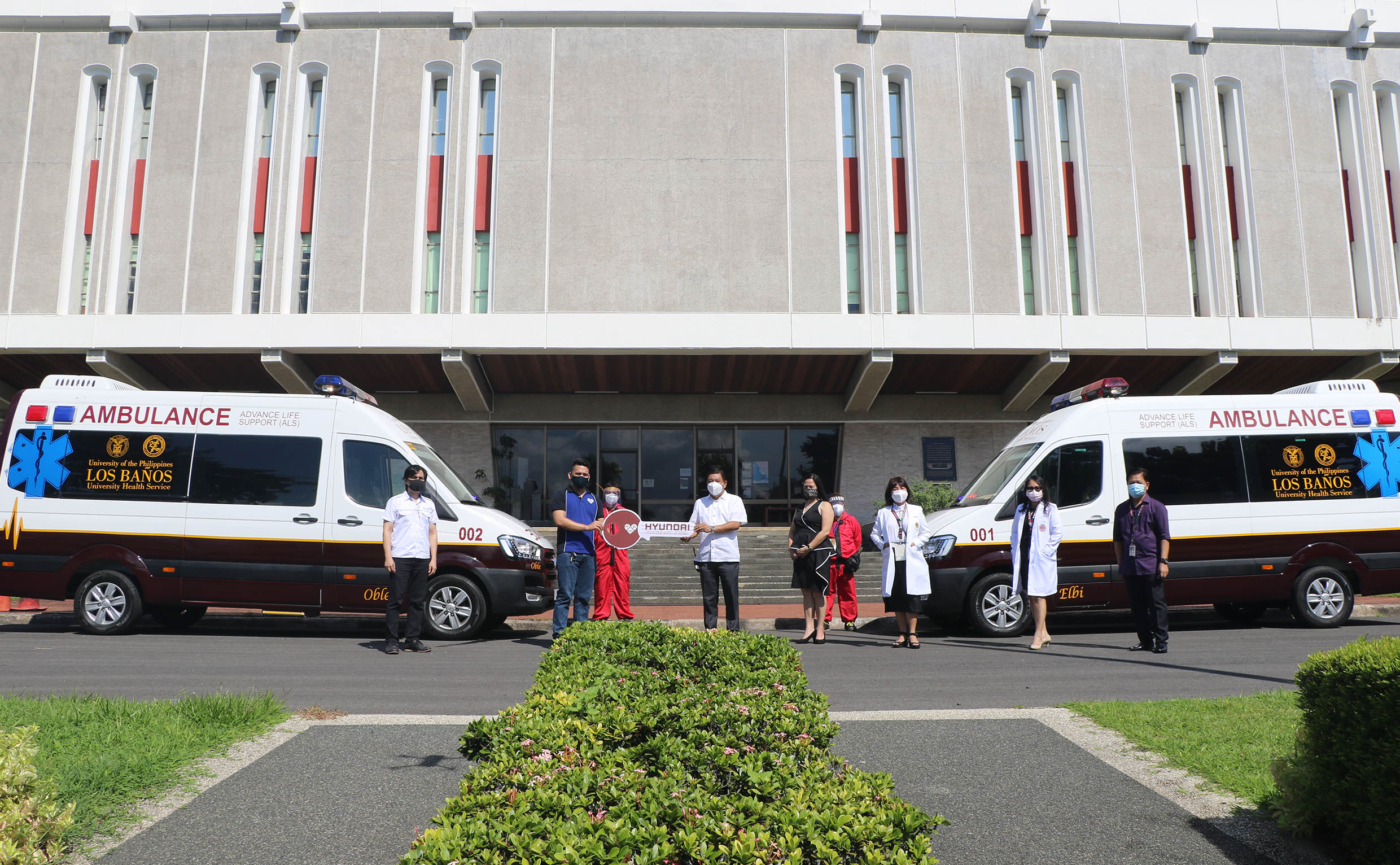Ugnayan ng Pahinungod facilitated the donation of 30 units of prepaid WiFi modems to the Department of Education (DepEd) Division of Iloilo on July 29, 2020 at the DepEd division office in La Paz, Iloilo City. Ugnayan ng Pahinungod Director, Prof. Ruben M. Gamala officially turned over the devices to Dr. Roel F. Bermejo, and Division IPEd Focal Person, Dr. Jesus C. Insilada, together with other key division personnel.
The 30 wifi modems were acquired through an open-use grant facilitated by University of the Philippines Visayas faculty on study leave, Donne Jone P. Sodusta.

